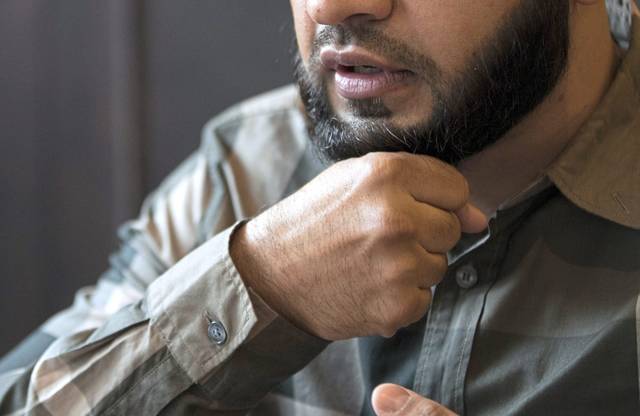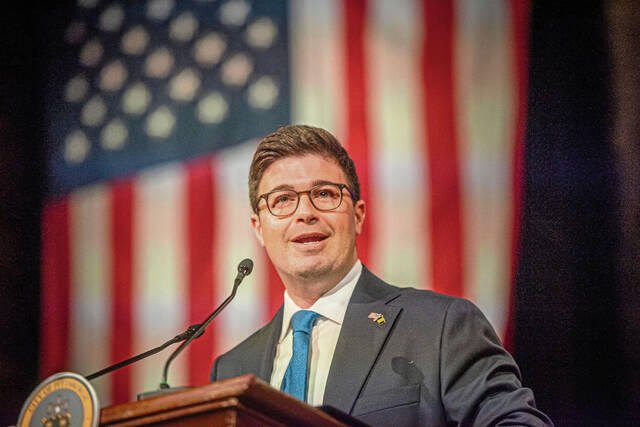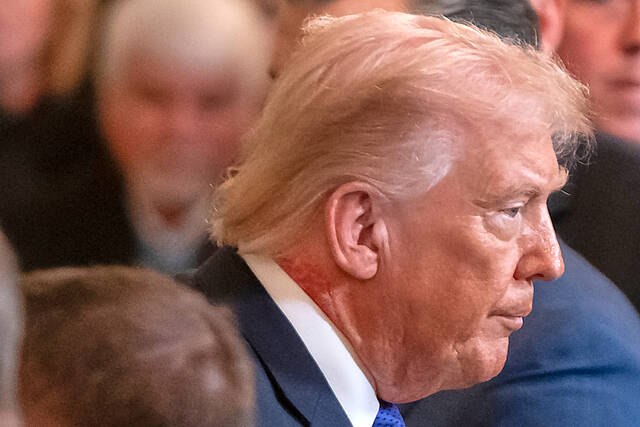Pittsburgh police officers must have neatly trimmed hair in a style that doesn’t interfere with their uniform cap. Most male officers aren’t allowed to grow beards, under a departmental policy last revised in 2017.
But the CROWN Act, a law the city enacted in October, spelled out protections for Pittsburgh residents who have hairstyles that reflect their culture and ethnicity. (The act’s name is an acronym for Creating a Respectful and Open World for Natural Hair.)
It means people who wear dreadlocks, braids or other hairstyles are protected from discrimination in the workplace.
But beards or “other forms of facial presentation” wouldn’t apply under a revision spearheaded by Mayor Bill Peduto.
In the last two weeks, city officials have been debating about who is protected under the law and if it supersedes the Pittsburgh police policy that prevents most cops from having a beard.
A city officer wanted to wear a beard and thought the new law allowed him to.
This prompted Peduto to ask council last week to revise the law to remove “other forms of hair presentation” from its text, which in turn prompted a discussion among city officials and council members that started last week and continued Wednesday, when the revision ultimately was given initial approval by council.
It was opposed by Councilwoman Deb Gross. She agreed with Jam Hammond, the director of the Pittsburgh Commission on Human Relations, that protecting people who have beards from being discriminated against follows the spirit of civil rights laws.
Gross also questioned if the city’s police department should consider relaxing its policy on facial hair to be more inclusive, as other cities, including Houston, Texas, have done.
“Civil rights doesn’t work if you only protect one group of people,” Hammond said.
The law doesn’t prevent businesses — or the police department, in this case — from putting hairstyle guidelines in place because of health or safety reasons, Hammond said.
Because those regulations can remain, Gross said she was in favor of leaving the law untouched so it didn’t exclude people with “other forms of hair presentation” that may include beards.
The idea behind the CROWN Act is to protect Blacks and other ethnic and religious groups from facing discrimination in the workplace, said Janet Manuel, the city’s human resources director.
Similar laws are being passed by other cities because of lobbying by the CROWN Coalition, which has the support of the soap maker Dove, the National Urban League and the Western Center on Poverty and Law.
Making the proposed revision to the Pittsburgh law doesn’t change that intent, Manuel said.
Other city council members agreed.
Councilman Bruce Kraus said police department policy should be decided by its leadership.
As it stands, the police department allows exceptions for beards if there’s a medical diagnoses by a dermatologist. If officers have a further issue with the policy, they can consult with the city’s human resources department, Manuel said.
Councilman Anthony Coghill said he supports the CROWN Act, but doesn’t support police officers wearing beards. A change in departmental policy could “open up the floodgates” to allow officers to grow out beards, he said, so they look like Grizzly Adams, a bearded character from a 1970s film and television series.
“For me, beards are sloppy,” Coghill said.
“I would caution everybody that judging a person on the basis of appearance is a hindrance to diversity in the city, in life,” Hammond said.
Council’s discussion of the matter prompted further talk by members that they need to be aware of implicit biases they may hold.
Councilwoman Erika Strassburger suggested council members work with other city leaders to talk more in depth about the larger issues of bias.
“The ultimate goal is to be a city for all,” Councilman Ricky Burgess said.








